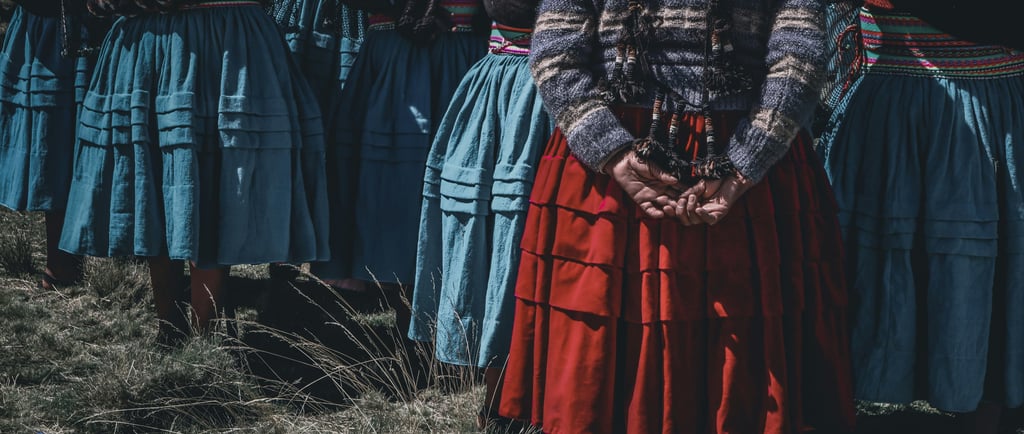Modern Colonialism Isn’t Over—It’s Evolving
Colonialism persists. So does the wisdom of those who resist it.
CLIMATE ACTIONINDIGENOUS RIGHTS
Sara Rego
10/4/20251 min read


“The idea of postcolonial thought makes me laugh because the colonists haven’t left—they’re not going to. That’s never going to happen.”
This quote comes from my interview with Aboriginal academic, author, and thinker Tyson Yunkaporta. It struck me as so painfully true—clear as water.
This week, during a conversation with a guest from the Mapuche people, she shared heartbreaking news: one of their sisters, who had been missing since last November, is now presumed dead. The perpetrators burned her alive.
The horrors continue. The abuse. The torture. All because she was defending her land from corporations eager to profit from life in all its forms.
This is modern colonialism. And it’s not disappearing—it’s expanding, devastating every corner where the word local still carries meaning. This is an outrage.
I consider it a privilege to be able to listen, learn, and understand the perspectives of people from all over the world. And the more I do, the more I realize that our disconnection from nature—reduced by 60% in the last 200 years—is also a disconnection from ourselves.
We are more depressed, more isolated, more apathetic, more alone.
By moving away from the natural world, we’ve lost the sense of wonder, awe, and interconnection that once guided us. Without it, we begin to see ourselves as gods—deciding who lives and dies—while being trapped in systems of control that commodify our existence, stripping away our freedom.
Where is this path leading us?
How can we heal old wounds when we’re still inflicting the same pain on the same people?
I started the We Need to Act podcast with the hope of opening space for dialogue—space for myself and others to hear perspectives that go beyond the dominant narratives. I wanted to invite listeners to recognize other ways of seeing and feeling the world. To expand their horizons.
There’s no single “right” way to understand life—our views are shaped by context and experience. And that diversity of thought is something to be celebrated.
Explore our podcast
Join our community on Social Media
© 2026. All rights reserved.


